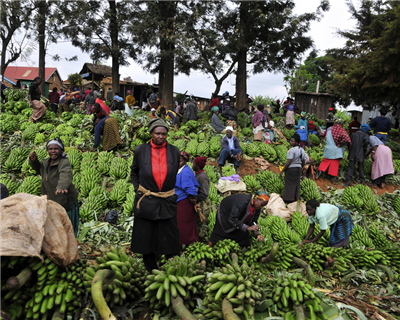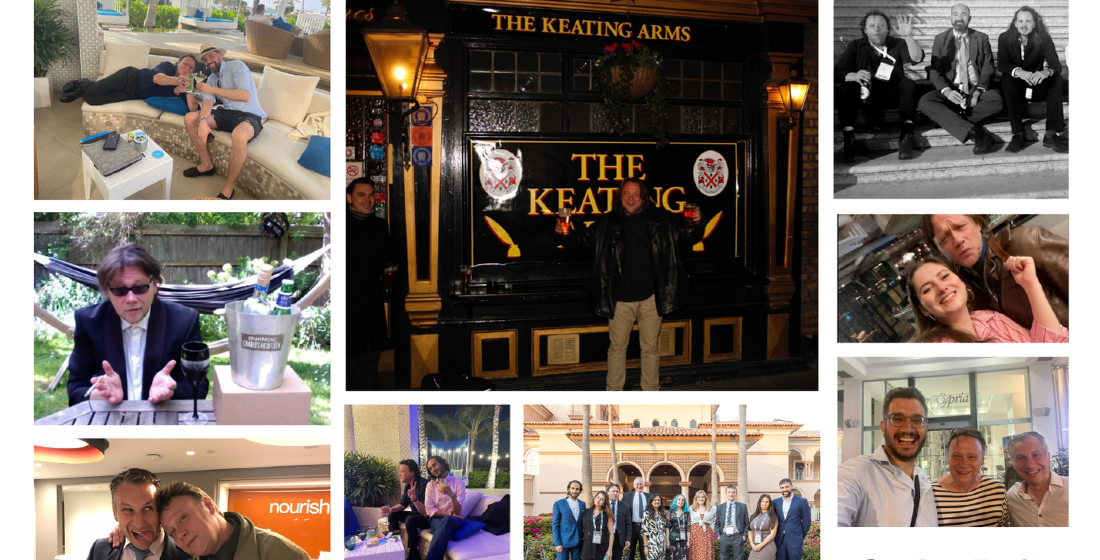Equity Foundation targets "missing middle" with agri business skills
Equity Group Foundation is targeting Kenya’s under-served mid-sized farmers with a new training programme that seeks to provide them with key business skills. The programme aims to unlock unused agricultural land to improve not only farmers’ livelihoods but the country’s food security, the Fin4Ag conference heard Tuesday (July 15).

Equity Group Foundation is targeting Kenya’s under-served mid-sized farmers with a new training programme that seeks to provide them with key business skills. The programme aims to unlock unused agricultural land to improve not only farmers’ livelihoods but the country’s food security, the Fin4Ag conference heard Tuesday (July 15).
Called Unlocking Agriculture Potential Through Medium-Sized Farms, it caters for what general manager MD Shahjahan Ali calls the “missing middle.” These are farmers who are too big to benefit from the plethora of donor programmes offered to smallholders by organisations like Agra but share many of the same problems.
Like smallholders, SME farmers in East Africa often struggle to access markets and are held back by poor log-keeping and governance, which exacerbates the difficulty they have accessing finance.
Unlike smallholders, however, they already have scale, but aren’t able to take advantage of it. A typical mid-sized farmer in the Rift could, for example, have 100 acres of land but only be able to afford to farm 50 of them.
“He has the greatest asset in agriculture at his disposal – land,” says Ali. “But he’s sitting on under-utilised acreage.”
The programme will initially focus on 2,000 mid-sized farms with an average 50 acres of land. Lending to 2,000 mid-sized farms is the equivalent in terms of acreage of lending to around 60,000 smallholders, meaning the programme has the potential to make a significant impact, he says.
“If we can help farmers create viable businesses, we can meaningfully contribute to food security.”
Under the programme, each farm will enter a 20-month programme. Once farmers are registered, Equity will collect baseline data on the farm and diagnose its ‘health’. It will then offer training on value chains, business plans, financial management and book-keeping, marketing, standards and contracts, human resources and governance, and logbooks.
At the implementation stage, farmers will start keeping their own paper-based logbooks, with a view to migrating to electronic later. Field officers will visit them each month and collect data. Farmers who fail to keep accurate records will be asked to leave the programme.
After three months, farmers will be invited to join Equity’s Agriculture Business Club, which offers more advanced training on farm management, value chains, new markets and insurance. It also works as a network, with farmers encouraged to contact each other for support when they have a problem such as an outbreak of disease. This will lower the costs of the programme – which is expected to average around $40 per acre - as it reduces the need for field officer visits.
Once the programme is established, Equity aims to extend elements of it – such as individual classes – to smallholders. The programme will use its capital as “seed capital” and should be “self-generating” once it reaches enough scale,” Ali says.





